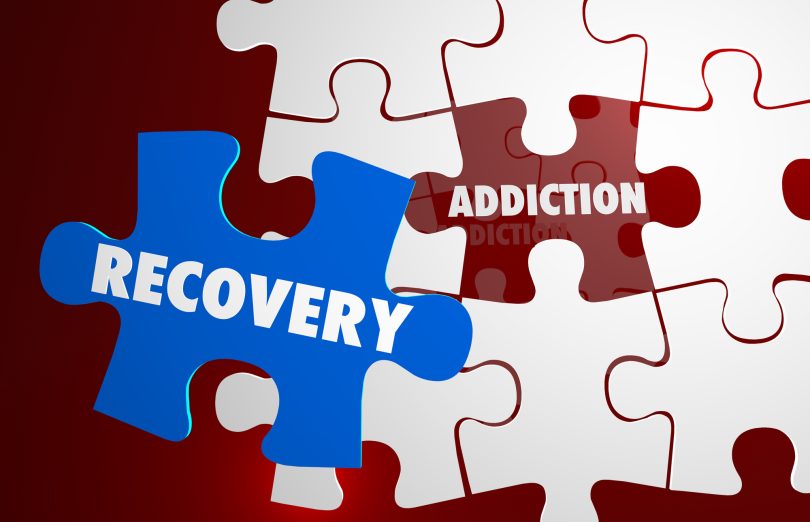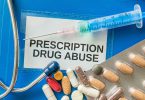Over 45 million people in the US suffer from the disease of addiction. However, the number of people who are affected by it is substantially higher and includes spouses, children, extended family members, and friends.
The role of these unintended victims of recovering addicts can make a huge difference in their loved one’s recovery, so much so that it’s often called a family disease.
In this article, we give practical tips to help you understand how you can support your loved one in their recovery. Thankfully there are many types of treatment available for those seeking recovery as well as the people it impacts.
If someone you know is battling substance use disorder, keep reading to find out how the role that friends and family play in the recovery process.
Helping Someone With the Disease of Addiction
There are various stages that an addict and their family and friends will go through. The different stages of the recovery process are divided into four distinct stages which are loosely described as follows:
- The using stage is addiction issues are recognized by the family but the addict is in denial about their addiction
- The transition stage is when the addict acknowledges their use but has no control
- The early recovery stage focuses on breaking the psychological addiction, often through therapy
- The ongoing recovery stage refers to an individual being clean and rebuilding the family unit
Family Roles Commonly Associated With Addiction Recovery
As close family or friend, you will feel the brunt of symptoms associated with substance abuse. Family dynamics can change and frequently fall into different roles which are part of a coping strategy for the victim. The common roles are:
The Savior / Hero
Sometimes a family member is seen as the savior and given an overwhelming amount of praise. This elevation of being the one hero, holding everything together can increase the guilt and shame that the addicted person feels. The superstar unrealistically pushes for success at school, work, and home as a distraction from issues caused by the addiction.
The Enabler
This is the person who continues to provide shelter, money, or transportation to the victim in an effort to keep them safe. Their actions are done with good intent, but in reality, its often making the situation worse. They will frequently provide excuses for the addicts behavior and won’t hold them accountable for any negative actions. The enabler can hinder the addict’s want or desire to quit as there is no negative consequence to their behavior.
The Mascot / Joker
The mascot or joker is someone who humors to cover their real feelings. This is a distraction technique from the situation. The purpose of this is to make light of any uncomfortable citations and brush it off as not serious. This way of behaving towards the victim can be harmful as the addict feels that they are not being taken seriously.
The Lost Child
This doesnt necessarily have to be a child caught up in the issues with an addicted family member. This person is someone who gets lost in the chaos. They will frequently feel forgotten or ignored. A consequence of this is that they will avoid times of conflict to help suppress their feelings. They may also withdraw themselves from family events and social activities.
The Scapegoat
This scapegoat is the friend of the family who is always blamed. If something negative has happened, they will have their fingers pointed at them, regardless if it was directly linked to them or not.
The scapegoat becomes a distraction of everyones attention away from the person suffering from substance abuse. The scapegoat could also be a family member who is also participating in substance use themselves. This can have a spiraling effect and leads to an increased risk of health issues and relapses.
Importance of Family Support in Recovery
Often the roles mentioned above arent consciously made. Whichever role youre playing, all of the family members play a part in supporting recovery.
If youve defined the role youre playing, reevaluate. Its vital that someone should take the role of a supportive but firm caregiver. This person encourages the addicted family member to take positive action. They will also hold the abuser accountable for negative actions and reward for positive choices.
Depending on the severity of the addiction, you may need to enlist a therapist for this role. You could also attend support group meetings with your loved ones which are designed for the families of those in recovery.
Families offer the most valuable support group for a recovering addict. And even with the damage done by the abuser, its important not to give up hope.
Programs are available for whole-family therapy. During these sessions, you will learn healthy ways of communicating as well as how to manage resentments. They will focus on ways in which the recovering addict can show accountability as well as solutions for the rest of the family members to rebuild trust.
How Can I Help My Loved Ones Recovery?
If youre still not sure how you can help in your loved one’s recovery, there are other things you can do. If you’re not yet in the transition stage and not ready to go to therapy, here are some other things you can do to support.
- Get help for yourself
- Avoid enabling
- Offer to take part in their recovery treatment
Do You Need More Advice?
If youre struggling to help a loved one recover from the disease of addiction, and need more advice or resources, visit Find Rehab. Ask questions to our online community who are going through the same things as you are and read inspirational recovery stories.
Send us a confidential message today and one of our professional team who can speak with you about the options and solutions available.
















